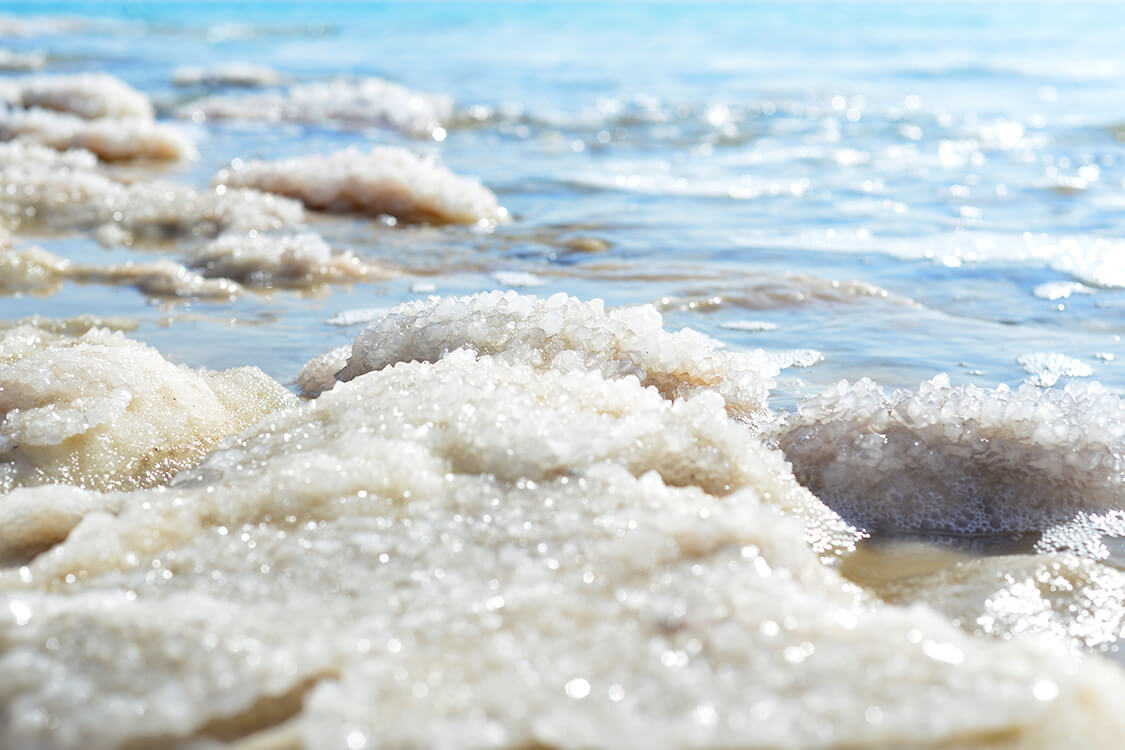While record-breaking heat waves, increased forest fires, flooding and weather-related disasters are some of the more obvious effects of climate change, there are many more ways in which rising global temperatures are affecting our planet.
One of which is an increase in the levels of salt in soil and, when those levels become too high, crops fail and the land is rendered useless. Salt contamination is already estimated to affect 20 per cent of agricultural land worldwide, according to theconservation.com
Not only does this jeopardise the livelihoods of farming communities, who could see up to 89 per cent of their crops fail, it also pushes up the price of food and leads to food shortages globally.
It is commonly known that our sea levels are rising. Warmer water takes up more space generally and with the addition of melting ice sheets and glaciers our sea levels are expected to rise between one quarter to one half of a metre by 2100. This is pushing more salt water ashore and onto our lands, while at the same time, water is evaporating due to the heat, leaving behind the salt in the earth.
It is imperative that we take steps to combat climate change and to slow the rate at which our planet’s temperature is rising and, while we cannot always rely on our governments to prioritise the environment, as individuals we can do our bit and collectively make a huge difference to our planet.
One of the best ways to help combat climate change is to install solar panels. Carbon emissions from the burning of traditional fossil fuels is one of the main contributing factors to climate change and so by moving to renewable green energies such as solar power, we can reduce the amount of carbon dioxide being pumped into our atmosphere.
What’s more, we can help to save the planet without needing to make any lifestyle changes. We can continue to use our high-power appliances as we are generating our own green electricity simply by harnessing the power of the sun – all while saving money.

